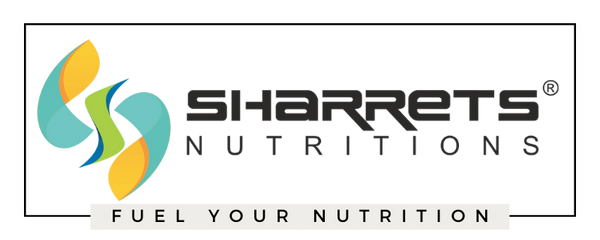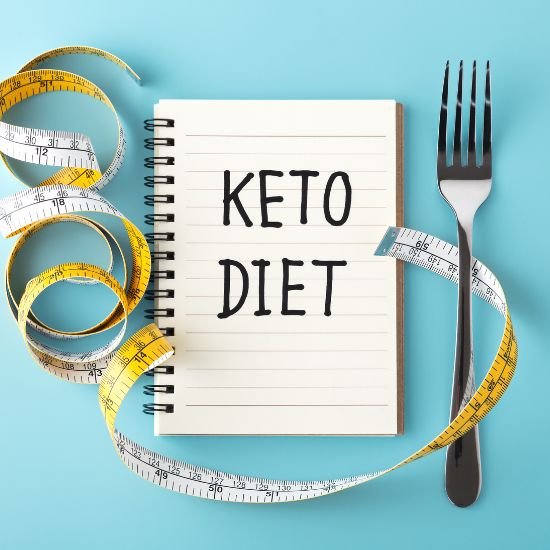
Mistakes with Intermittent fasting.
Share
Common Mistakes Beginners Make During Intermittent Fasting.
A lot of your friends & relatives are talking about the effects of intermittent fasting, and you can see the results. They have improved weight control and some seem to have elevated moods. Eager to join in on the healthy benefits, you tried it for yourself and yet, you can’t see the same results even after weeks of practicing the fast. “Could something be wrong?” you wonder. To address this concern we have listed some of the most common errors people make when they are new to intermittent fasting.
Making Drastic Changes during Intermittent fasting.
The problem with most people going into a new diet is that they don’t do it progressively. It is important to ensure that your body adjusts well to major dietary changes. For example, when you are used to eating every two hours, don’t jump into not eating for twelve hours right away ! Perhaps start with a Four hour window. And then once you are used to it, increase the number of fasting hours gradually till you hit your goal.
Binge Eating During the Eating Window
Some people trying out intermittent fasting have the tendency to eat too much during the eating window. With starvation clouding your judgement, it is easy to think, ‘it’s OK to eat more and I deserve it’. That’s not going to work! If you want to reach a target weight, make sure you don’t starve yourself for periods of time exceeding your limit. Your emotions will urge you to eat more instead. Consider using MCT oil as a companion to the fast as it doesn’t stimulate sugar rush and sugar crash. What's more MCT oil may help to suppress hunger! – it could be the perfect addition to your diet.
Eating Too Little During the Eating Window

Uh oh! Not eating enough while practicing intermittent fasting can also result in weight gain as the body shifts into panic mode and stores as much fat as it could, in anticipation of the imminent starvation. This can slow down your metabolism. The key is always balance. Look out for nutritious, filling foods to consume during your eating window and plan your fasting hours wisely. After some time, your body will learn that the fasting period does not mean that you are starving.
Lack of Hydration during Intermittent fasting.

Intermittent fasting might require you to limit your food intake but it doesn’t mean you have to lessen your water consumption. Make sure you have enough supply of water. It is advisable to have a bottle beside you at all times to provide constant hydration. Dehydration can lead to a number of health problems such as headaches and muscle cramps to name a few.
Intermittent fasting Diet Planning Which Does Not Match Your Lifestyle
Many fail to pull through with their diets simply because it is not tailored to complement their lifestyle. Do you need to carry out strenuous physical activity during your fasting period ? Do you work in an environment which requires you to entertain clients over meals? Do your colleagues offer you snacks every other hour?
According to studies & research, intermittent fasting has a 31 Percent dropout rate. If you want to change your lifestyle and enter a new diet, always pattern it to your daily activities and needs.
And our last piece of advice for today - If you are planning to go on a diet, it is recommended that you set an appointment with a health professional first. Bear in mind that some diets might work for others but are not suitable for your condition.
Here’s Sharrets Nutritions wishing the best of health to you !
















